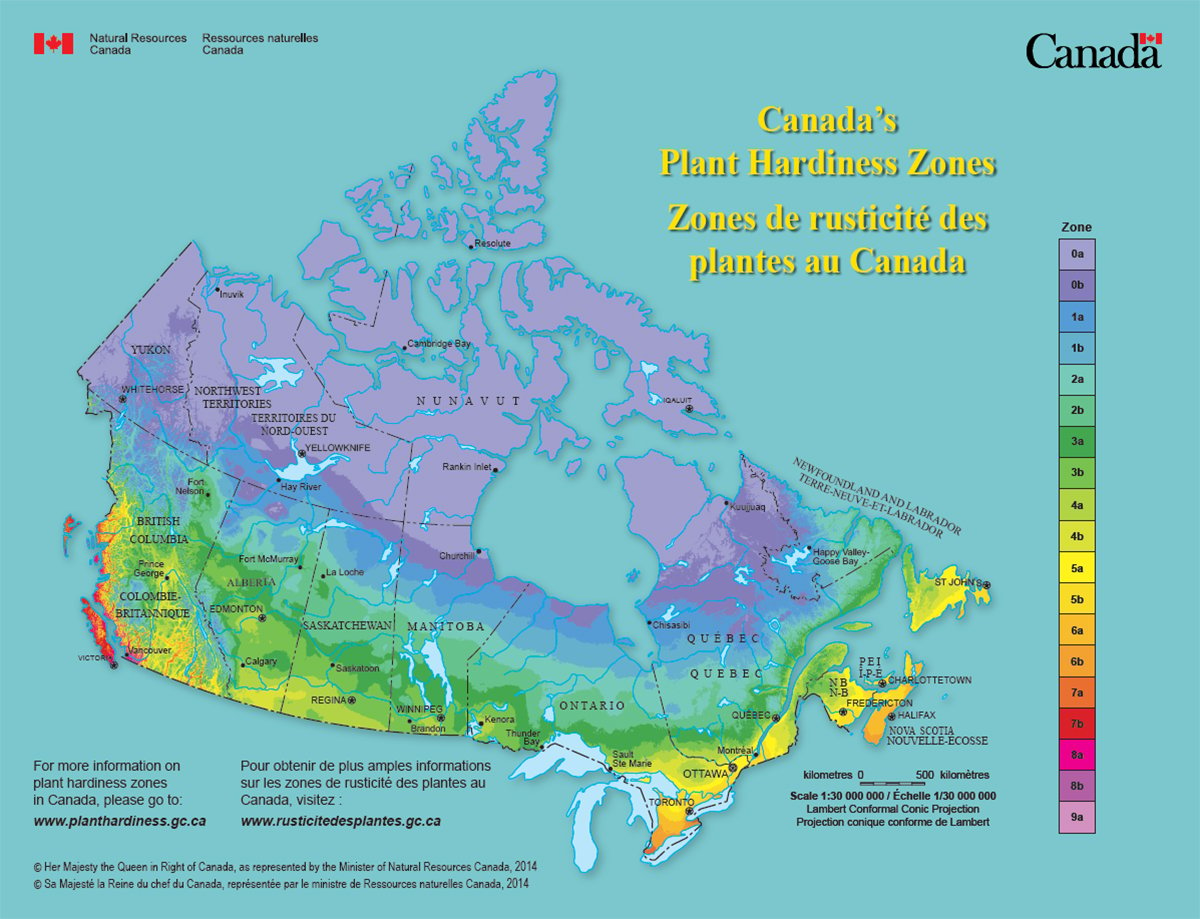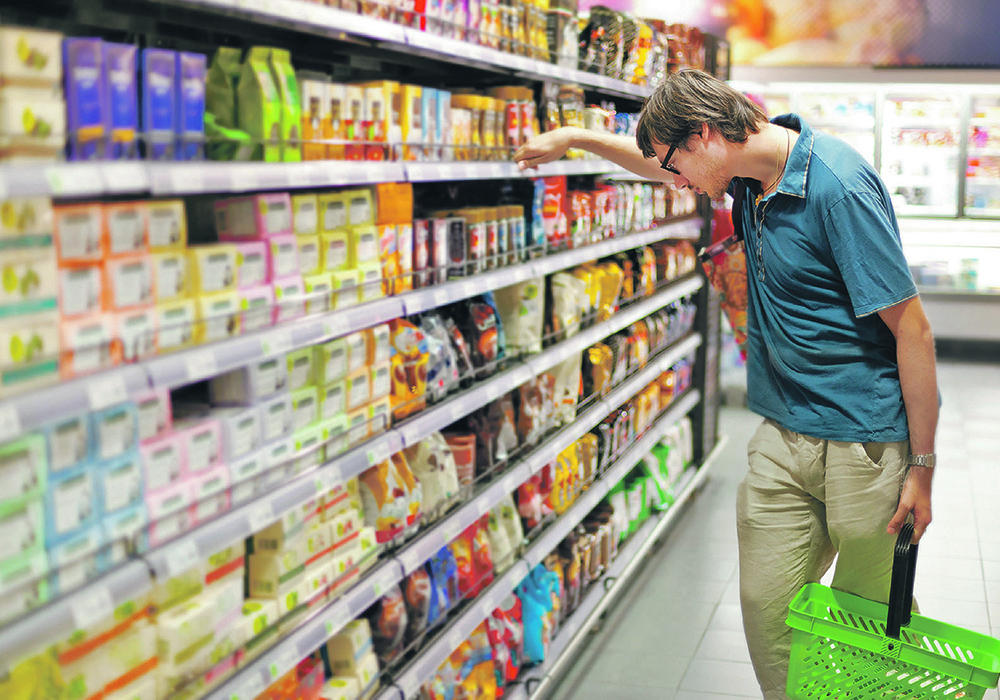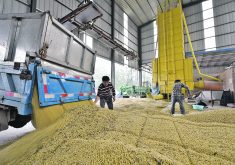Canadians are complaining about escalating food costs but seem unaware the world is heading for a food security crisis, said food distribution expert Sylvain Charlebois.
In testimony to the House of Commons finance committee last week, the head of the Agri-Food Analytics Laboratory at Dalhousie University said food inflation in Canada is running about 10 percent but at least the country is unlikely to face the shortages that other regions will see.
“Our global wheat deficit this year will be a significant challenge, given that 25 percent of wheat exports come from that region,” he told the committee, referring to the war in Ukraine. “India’s decision today to ban exports of wheat will only make things worse. We are going to be short of wheat, corn, barley and many other commodities.”
Read Also

Canada’s plant hardiness zones receive update
The latest update to Canada’s plant hardiness zones and plant hardiness maps was released this summer.
Fifteen percent of all calories come from wheat, Charlebois said, and by the end of this year 100 million more people could experience famine or acute hunger.
The reaction to the war in Ukraine is part of the problem as sanctions against Russia and actions by other countries take effect.
“What we’re slowly seeing is nations panicking,” said Charlebois, citing Indonesia’s decision to ban palm oil exports in addition to India’s recent action.
Canada could help supply the world more than it does, but he said the government doesn’t seem prepared to take any action to make more food available or to protect its own citizens from continuing inflation.
“I think Ottawa’s intent is to make our agriculture greener, which is fine, but what the world needs is a more efficient Canadian agriculture, really,” he said in response to a question.
Farmers need more breathing room, he said, considering that they are price takers and currently don’t have access to reasonably priced inputs like fertilizer and diesel.
“I don’t see any measures right now that (are) going to help our entire supply chain at this point to make sure that food access is not an issue at all.”
Charlebois is currently a visiting scholar at the University of South Florida in Tampa. He said food inflation in the U.S. is running at 9.4 percent. While Statistics Canada said Canada’s rate is around seven percent, the analytics lab pegs it more in line with the U.S. He described out-of-control food inflation as a “disease.”
Conservative MP Ed Fast asked Charlebois if he agreed with the Bank of England governor’s assessment that “apocalyptic” food prices will be disastrous for the world’s poor.
Charlebois said he believed in a free market but he is greatly concerned.
Liberal MP Sophie Chatel said she is worried people will have to choose between food and putting gas in their vehicles.
Heath MacDonald, also a Liberal MP, suggested that financial speculation is creating artificial food inflation and asked if high food prices are here to stay.
Charlebois said unpredictability is pushing companies to hedge against risk and higher food prices are the new normal.
Contact karen.briere@producer.com
















